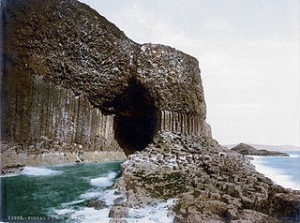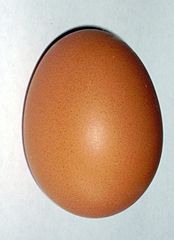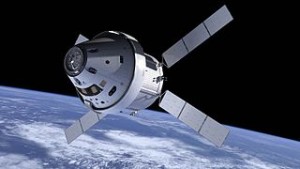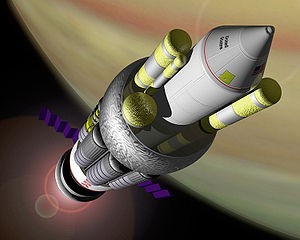I’m not much of a fiction reader, but I did come across a rather entertaining folk tale a while back while researching historical ramps. There is a rock formation in Northern Ireland called the Giant’s Causeway, made of thousands of hexagonal basalt columns, which can form when lava cools slowly.

Giant’s Causeway
Local legend tells that the giant Fionn mac Cumhaill built the Giant’s Causeway—across the sea from Ireland all the way to Scotland—in response to a challenge from the Scottish giant Benandoner. When Fionn saw Benandoner, though, and realized how much bigger he was, he would have fled, but his wife, Oona, had him dress up as a baby. She tucked him into a crib, then began cooking.
When Benandoner arrived across the causeway, Oona told him that he was away, and invited the Scottish giant inside to wait. When he saw Fionn in the crib he decided that, to have a baby that big, Fionn must be truly enormous. Benandoner then tried to intimidate Oona by crushing rocks with his pinky finger, but she just smiled at him and handed a rock to Fionn, who crushed it to cheese. (It helped, of course, that Fionn’s rock had always been cheese).
Oona then gave Benandoner and Fionn each a griddle-cake (Irish name for a pancake). Benandoner bit into his and broke a tooth, which probably had something to do with the pan Oona had baked into it. Fionn, meanwhile, ate his with gusto.

Fingal’s Cave
Oona invited Benandoner to feel how sharp and strong the baby’s teeth were. Benandoner, feeling his broken tooth and watching Fionn eat his griddle-cake, declined. He politely begged leave of Oona. He then fled across the causeway, destroying it behind him, not wanting to meet the father of that monstrous baby. Only the two ends were left inact—the columns of the Giant’s causeway, and the columns of Fingal’s Cave, in Scotland (which has plenty of legends of its own).
Fionn hopped out of the cradle, praising Oona’s wit, bravery, and beauty. Oona just laughed and handed him a broom to clean up the broken rocks and food.


